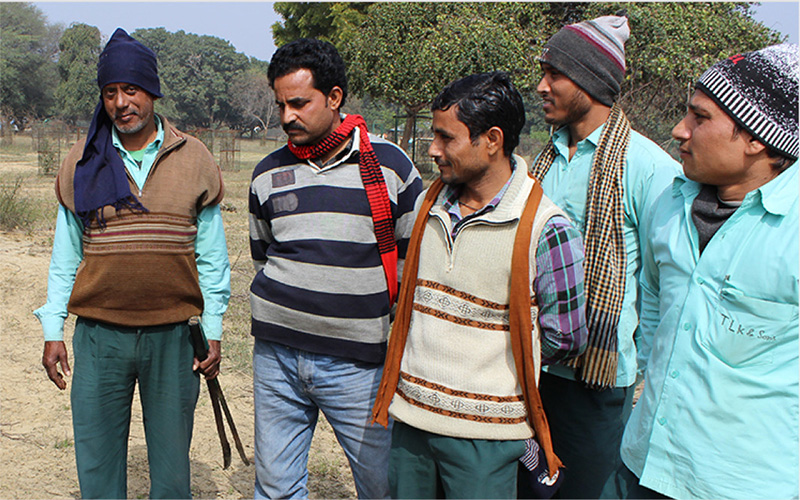
On 9 December 2022, Professor Asha Kanwar, President and CEO of COL, presented a virtual address to the 2022 Global MOOC and Online Education Conference at Tsinghua University, Beijing, China – a national public research university ranked first in the Asia-Pacific region by the Asia University Rankings and the U.S. News & World Report.
The President’s timely address focussed on digital transformation of education for the future, especially in the aftermath of the Covid-19 pandemic which contributed to the closure of campuses around the world and affecting 220 million higher education students globally.
In order to combat such stark numbers, COL continues to provide real world solutions to closing the digital divide amidst the global learning crisis, including the acute educational challenges brought about through climate change.
Professor Kanwar commented on the growing need for adoption of digital technologies to help close the digital divide,
“Digital technologies are here to stay. During the pandemic, the greatest challenge related to digital infrastructure – lack of access to devices, connectivity, electricity.
Technology use continues to grow with 66 per cent of the world’s population connected to the internet. But even within OECD countries, huge disparities exist between students who go to privileged schools and those who study at disadvantaged institutions in terms of access to computers, the Internet and a quiet place to study at home.”
Because growing inequalities require urgent attention, COL has developed blended massive open online courses (MOOCs). These MOOCs particularly suit the needs of developing countries and those nations most severely impacted by Covid-19 and climate change. For example, gardeners in remote locations can now be reached by audio-MOOCs through their basic mobile phones.
“There has been a phenomenal increase in MOOC enrolments not just of global brands such as Coursera but universities, which had earlier hesitated to offer online courses, came forward to offer MOOCs especially for professional development,” Professor Kanwar added.
As an example of its commitment to facilitate the building of resilient infrastructure, providing skills for the blue and green economies and promoting climate justice, COL published its comprehensive Transforming Education for Climate Action: Report to Commonwealth Ministers of Education earlier this year..
Building on the theme of adopting a green learning agenda, the President stated that the time is now to focus on developing the skills for green jobs for a low carbon economy – life skills for a more sustainable and just future.
In closing, she said that there is an urgent need is to create an ecosystem of lifelong learning with opportunities for skilling and reskilling throughout life.
“Education for the future is quality education that is affordable and accessible for all. It is education that leads to sustainable development…learning must result in modelling sustainable behaviours that lead to the prosperity of the people and the planet.”
Professor Kanwar’s video address can be viewed at: https://youtu.be/i40thl1XBOI. Click here for the complete transcript.


